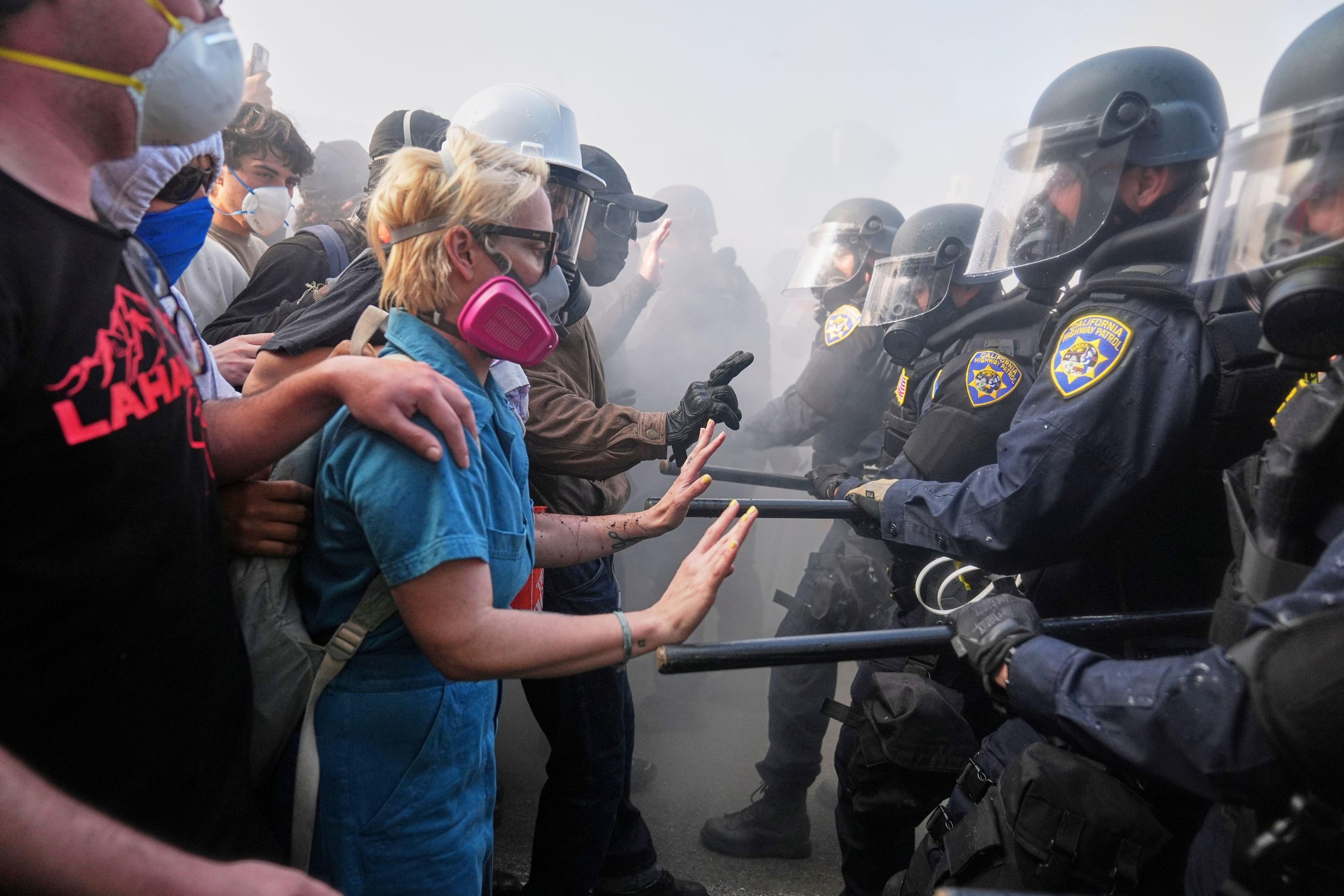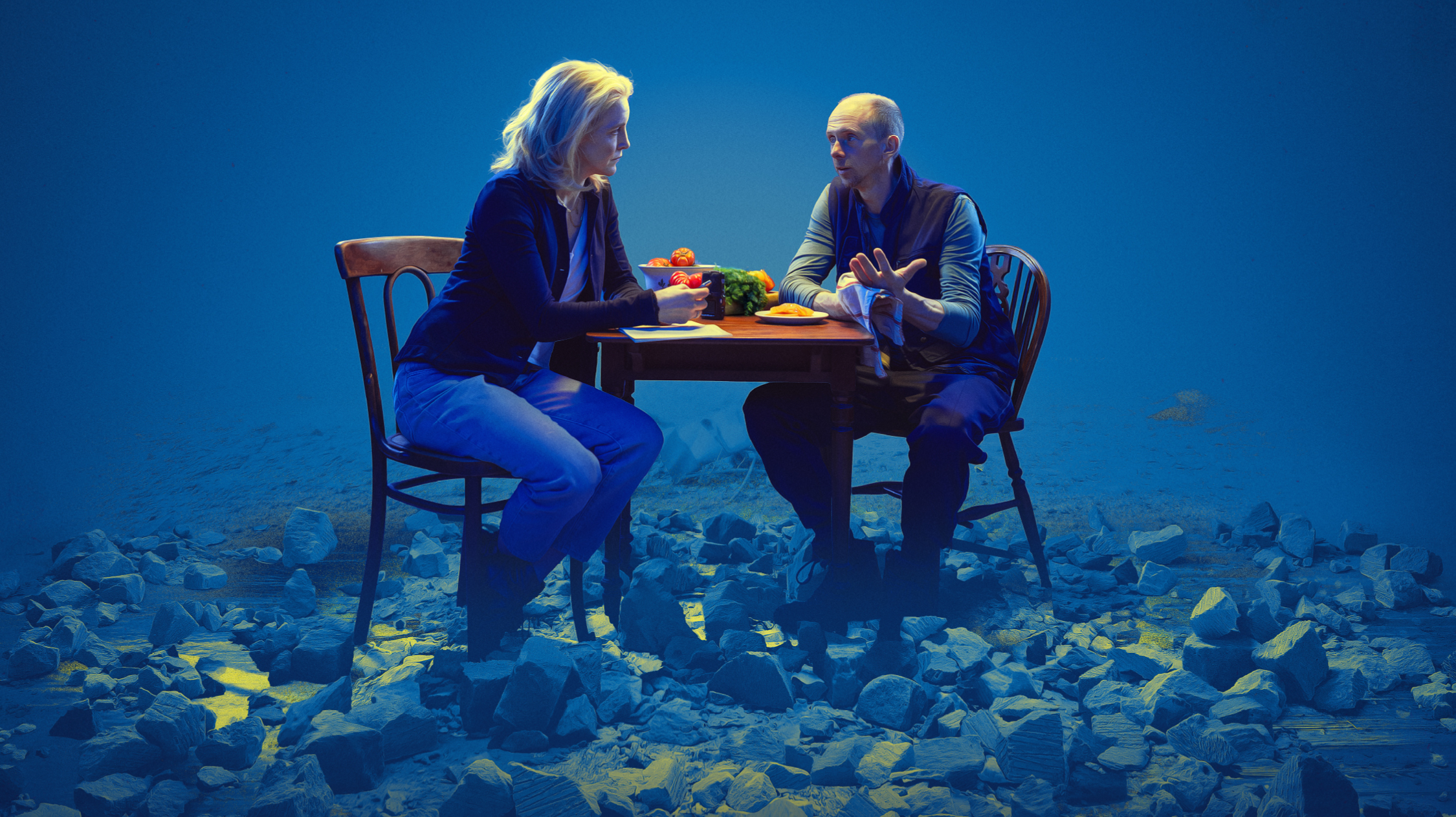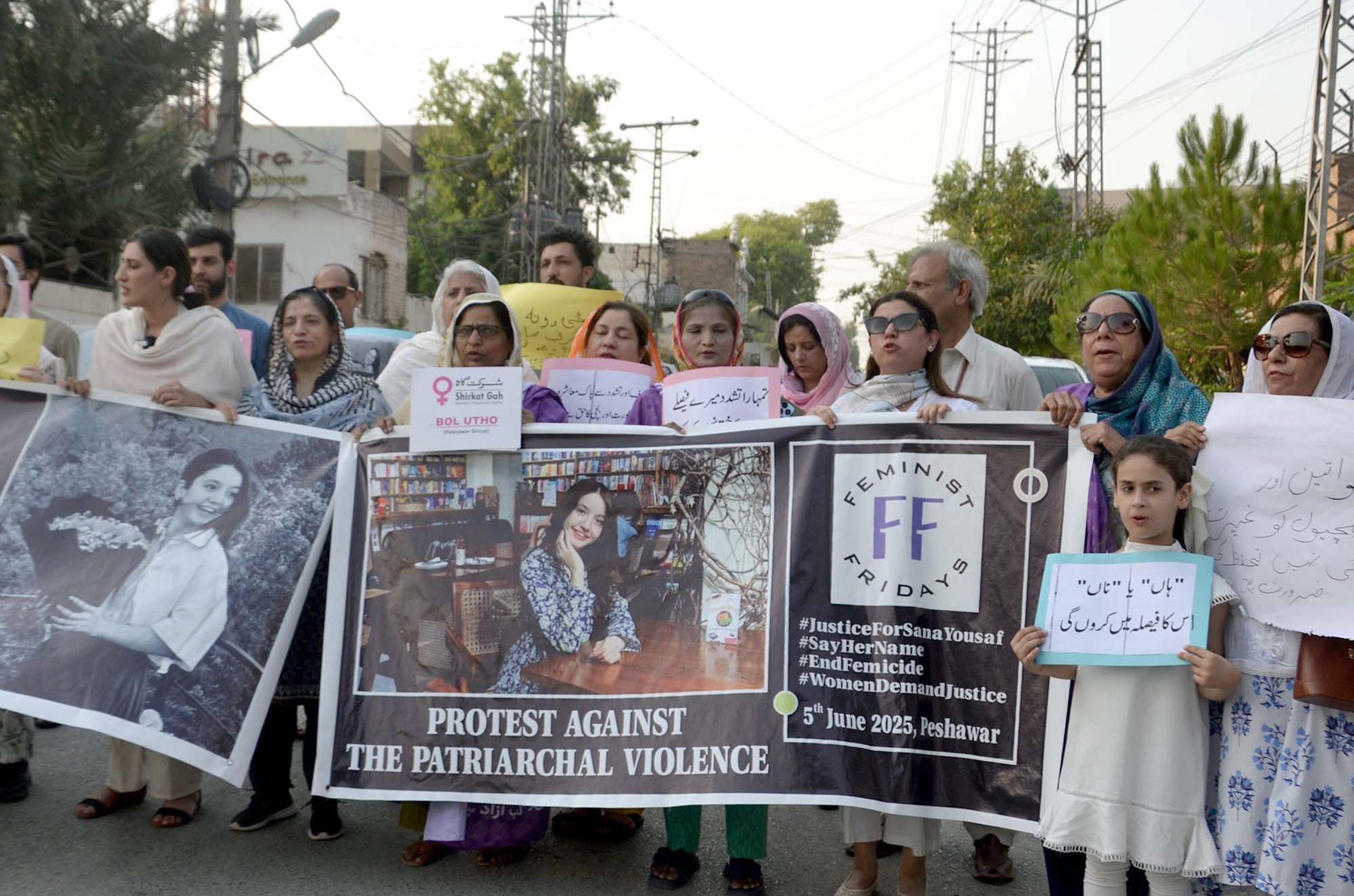
In a major speech on internet freedom, US Secretary of State Hillary Rodham Clinton has warned governments not to restrict online liberty, while saying she opposed confidential leaks. This comes in the midst of uprising and protest in Middle Eastern countries, and as the US attempts to gain access to Wikileaks members’ Twitter accounts. Index on Censorship consulted a number of experts for their verdict. Watch and read the full speech here.
 Rebecca MacKinnon, co-founder Global Voices Online; Bernard Schwartz Senior Fellow, New America Foundation; expert on Chinese internet censorship
Rebecca MacKinnon, co-founder Global Voices Online; Bernard Schwartz Senior Fellow, New America Foundation; expert on Chinese internet censorship
I applaud the Secretary’s strong commitment to the idea that internet and telecommunications companies must uphold core and universal rights of free expression and privacy. It was also very important that Clinton reiterated US support for multi-stakeholder internet governance.
I also agree that “there is no silver bullet” or “app” for internet freedom. There is no one set of tools that will magically and easily free people living in authoritarian societies from oppression. She was right to emphasise that people cause revolutions, not technology — though smart use of technology certainly helps.
It is indeed a good thing that the US State Department continues to champion the free and open, globally interconnected internet as a core component of US foreign policy.
I am also not surprised, however, that US government’s global internet freedom policy is dogged and weakened by the same types of contradictions that have dogged and weakened US credibility on human rights and democracy promotion for the past half-century.
While the State Department advocates internet freedom other parts of the US government are pursuing aims that run directly counter to the idea of a free and open internet where dissent and unpopular speech can be protected.
I found the section of her speech dedicated to Wikileaks to be weak and logically inconsistent. She conflated the actions of the alleged leaker who stole classified documents (Bradley Manning) with the actions of the publisher (Wikileaks the organisation).
In an ideal world I wish that the US Secretary of State would declare to the world that while she and her colleagues believe that Wikileaks was irresponsible, the United States has a First Amendment protecting free speech. It is a country based on rule of law and due process which must be respected without fail in order for our democracy to remain strong.
I wish that she could have stated that even the most difficult and troubling cases must be handled with full respect for the fundamental principle that everyone is innocent until proven guilty in a court of law.
Unfortunately, the statement she did make will give comfort to governments everywhere that want to treat whistleblowers, and organisations that publish information obtained from whistleblowers, as criminals from the get-go before a case is even made or a judgment is delivered.
Read Rebecca MacKinnon’s full analysis here
 Ian Brown, senior research fellow, Oxford Internet Institute, University of Oxford
Ian Brown, senior research fellow, Oxford Internet Institute, University of Oxford
Hillary Clinton is right to say “the choices we make today will determine what the internet looks like in the future”. The US government can have a long-term impact by supporting the development and use of technology in tune with her vision of the “freedom to connect”.
Such technology would make it easy for individuals to debate, organise and protest online without making it trivial for government spies and monitor and suppress those activities. It would widely distribute control, rather than concentrate it in government or corporate hands that can easily choose to extinguish speech — as Amazon did in throwing Wikileaks off their servers.
It would certainly not come with surveillance functionality built in – as the US, UK and many other western governments require of internet routers and telephone exchanges and would like to extend to social media sites.
In short: Clinton needs to make sure the internet’s future public spaces look more like Tahrir Square and less like Tiananmen Square.
 Wen Yunchao is a prominent Guangdong-based internet activist. Writing for platforms including the now banned bullog.cn, Wen established himself as one of China’s best-known bloggers –– under the alias Bei Feng –– and new media experts.
Wen Yunchao is a prominent Guangdong-based internet activist. Writing for platforms including the now banned bullog.cn, Wen established himself as one of China’s best-known bloggers –– under the alias Bei Feng –– and new media experts.
From a macroscopic point of view, as I see it, Hillary Clinton’s speech today shows Obama ideas of freedom of speech taking the fruit of Bush’s labour over democracy in the Middle East.
In terms of the protests in Egypt, apart from [helping] convene people on the first day, the internet did not have an effect in the following few days. Compared to Hillary Clinton’s last speech on internet freedom, there isn’t much new.
Her comments on the “approach… that matches our diplomacy with technology, secure distribution networks for tools, and direct support for those on the front lines” is a more direct expression compared to the last speech. My attitude to this: “Listen to their speech. Also watch their actions”.
From my sources, I know that in terms of current methods for breaking down internet control, the American government, Congress and the people who provide funding do not want to aim their target at the surveillance in China.
The level of control in China is very high and very meticulous. Also, resisting them could affect the arrangement of other interests. However, these technologies may have a better effect on Iran, and countries like Iran.
 Leslie Harris, President/ CEO, Center for Democracy & Technology
Leslie Harris, President/ CEO, Center for Democracy & Technology
The Secretary of State presented a cogent, clear affirmation of the importance of maintaining a free and open internet.
In the wake of recent events — the employment of an internet “kill switch” by Egyptian authorities and the harnessing of social media by democracy advocates in the Middle East, she showed a nuanced understanding of the internet and strongly embraced a medium that can be unpredictable and at times at odds with government aims.
Even as the Wikileaks controversy continues to unfold, Clinton made clear that the State Department stands with the internet.
It was a powerful example that should be heeded by world leaders as well as our policymakers here at home.
 Mahmoud Salem, Egyptian activist and Sandmonkey blogger
Mahmoud Salem, Egyptian activist and Sandmonkey bloggerAs someone who was actively involved in the creation of the Egyptian blogsphere, and been a cyber-activist for years, I must say that I am against any kind of type of restrictions placed on the net in the name of security or responsible speech. The internet has been a wonderful resource because it is both open to everybody and self-correcting at the same time.
The anonymity provided by it is what protects those of us in opressive countries from oppressive governments. No matter how much risk might exist from the information on it, we can’t start applying the current conditions of free speech of any country to it, since it belongs to all countries, independent of culture or government.
Not to mention that the majority of security and identity protection measures and technology was presented by the net itself, and not by any government. Netizens have proven to be responsible citizens — with some exceptions — and we can’t punish the majority because a minority bothers us. I urge Secretary of State Hillary Clinton and the Obama Administration to leave the internet alone.
 Emily Bell, Professor of Professional Practice; Director, Tow Center for Digital Journalism, Columbia Journalism School
Emily Bell, Professor of Professional Practice; Director, Tow Center for Digital Journalism, Columbia Journalism School
Secretary of State Hillary Clinton’s speech on internet freedom was always going to draw a skeptical reception.
There are many contradictions in how the US government has tackled the issue of the internet; from a rather ambivalent approach to net neutrality, through the involvement in industry of providing cyber security to overseas repressive regimes, to its extremely hostile reaction to the Wikileaks disclosure of diplomatic cables.
At the heart of the speech, which sought to underline a commitment of the US government to “internet openness” guaranteed by the development of common global standards, there was a great deal about “balance”.
Clinton talked about how the Wikileaks episode underlined the need for security to be balanced against openness, and several times used the words “theft” and “Wikileaks” in conjunction without acknowledging that Wikileaks had not actually stolen the cables but was a conduit for publication — just like the press Clinton is anxious to keep free.
That said, by raising the issue of internet openness Clinton is challenging the US administration and businesses as much as she is overseas regimes, like Thailand and China, who she called out for censorship.
The rhetoric as Clinton noted has to be met with activism. Does this mean that the encroachment of the principles of net neutrality will be met by firmer resistance? Or that the US Government will define a public position on the trade between the cyber security industry and repressive regimes? Or even what the cyber surveillance is of its own citizens?
The irony of the timing of the speech was not lost on the Twitterverse. As Clinton spoke, lawyers from the department of justice were defending their pursuit of information on Wikileaks operatives, which involved ordering platforms such as Twitter to hand over user data on individuals it linked to the organisation.
All the major search companies and email providers found in the wake of tightened national security in 2001 that their own legal teams spent significant time fielding requests from government to disclose data under the flag of national security.
Clinton has described this aim of an open internet as a project which will evolve and be judged over years, and says it is “the grand challenge” of our time.
The Secretary of State’s remarks could be an important point in the development of the open net if it is backed by action. For that to really take, there needs to be more explicit acknowledgement of what the issues are domestically as well as abroad.
Maybe that is what is coming next. If not, then the words will remain only that.
 Katitza Rodriguez, International Rights director, Electric Frontier Foundation (EFF)
Katitza Rodriguez, International Rights director, Electric Frontier Foundation (EFF)
Secretary Clinton’s speech did not go far enough as regards corporate social responsibility. The Electric Frontier Foundation felt that the speech could have done more to address the role that corporations should play in the protection of citizens’ privacy, freedom of expression and fundamental human rights.
As she recognised, most of people’s communication and interactions online rely on websites and networks that are privately owned and operated. We would have liked to have seen more comments on the role and opportunities for corporations to provide meaningful protection for individual’s rights online.
Corporate social responsibility is a crucial part of developing international human rights norms, especially at a time when government action on the internet is increasingly more indirect and may fall outside of limitations on government power.
EFF believes that the selling of customised surveillance technologies to authoritarian regimes in situations where companies know, or should know, that governments may use those technologies to target people for arrest, torture, and enforced disappearance is in violation of international human rights standards, and deserves close scrutiny.
One area that deserves further investigation is whether corporations that sell technologies that could be used to violate human rights should undertake thorough and independent human rights impact assessments before engaging with authoritarian regimes.
Read more from EFF here





